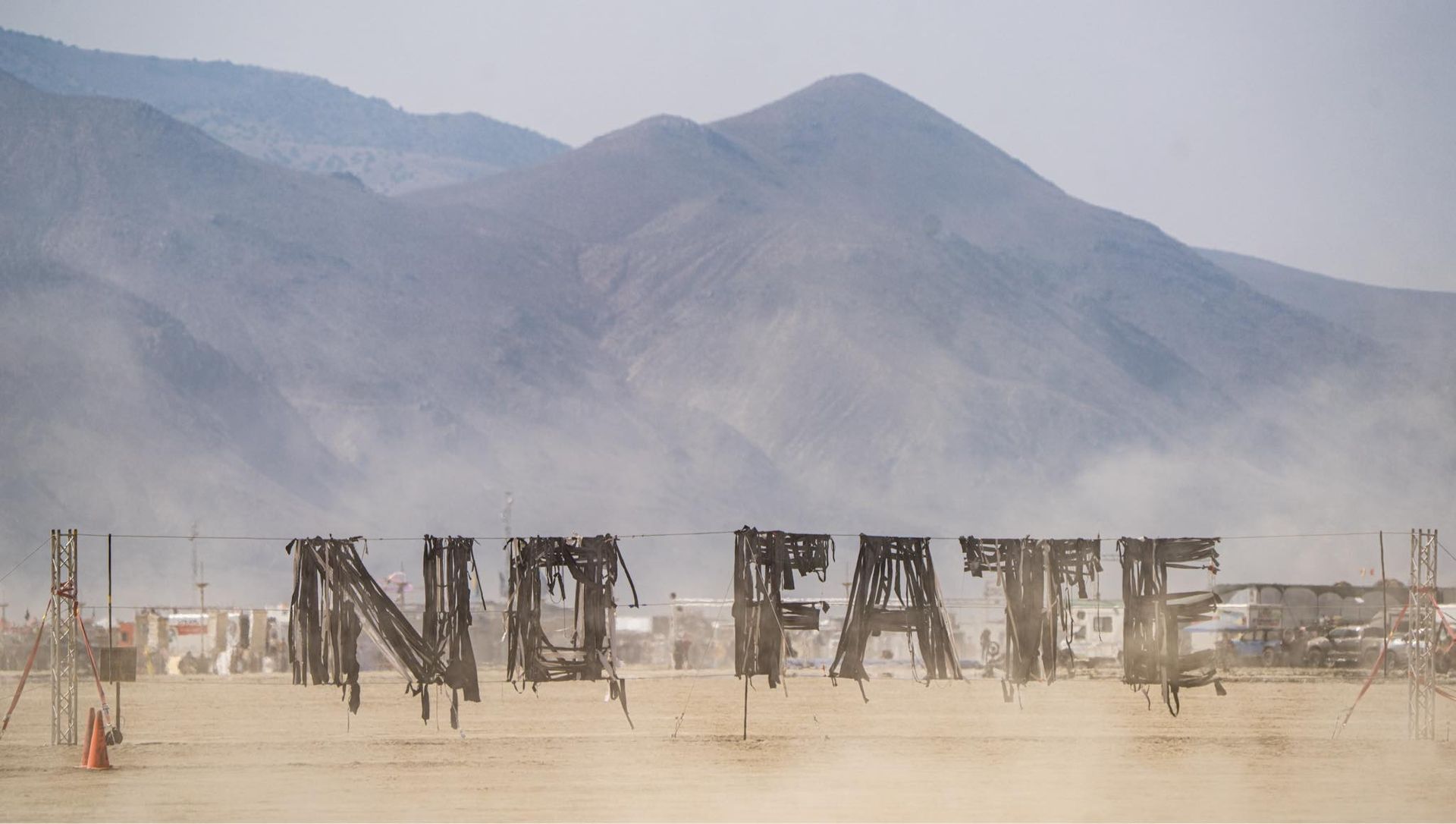State agency files lawsuit to ban Moscow-backed church in Ukraine

Ukraine's State Service for Ethnopolitics and Freedom of Conscience has filed a lawsuit to terminate the activities of the Ukrainian Orthodox Church of the Moscow Patriarchate (UOC-MP), Interfax-Ukraine reported on Sept. 2.
If the court rules in favor of the lawsuit, it will not mean the abolition of individual parishes. They will still be free to choose whether to become independent or join another church, said the agency's head, Viktor Yelenskyi, at a press briefing on Sept. 2.
Ukraine has accused the UOC-MP of ties and sympathies to Russia during the full-scale war. The church is not to be confused with the autocephalous (autonomous) Orthodox Church of Ukraine, which is fully separate from Moscow.
Last August, Ukraine passed a law banning activities of religious institutions associated with the Russian Orthodox Church, an organization seen as closely linked to the Russian state and supportive of the war against Ukraine.
The State Service for Ethnopolitics and Freedom of Conscience launched a probe into the UOC-MP earlier this year, concluding in July that the church is affiliated with the Russian church.
The UOC-MP has declared it has severed ties with the Russian church after the outbreak of the full-scale invasion, a move critics argued was without legal or practical effect.
The Ukrainian state agency filed the lawsuit on Aug. 29, though Yelenskyi said it remains unclear how long the trial proceedings can last.
A number of UOC-MP clergymen have been accused of supporting and collaborating with Russia since the outbreak of the full-scale war. In July, the Security Service of Ukraine (SBU) suspended the citizenship of Metropolitan Onufrii of Kyiv, the primate of the Moscow-backed church, on the grounds that he failed to disclose that he obtained a Russian passport in 2002.
According to Yelenskyi, the lawsuit is not relevant to possible links between individual clergy members and Russian intelligence services.
"If there is a connection of certain priests with the Russian intelligence services or with Russian forces... then these cases are considered separately," he said.











